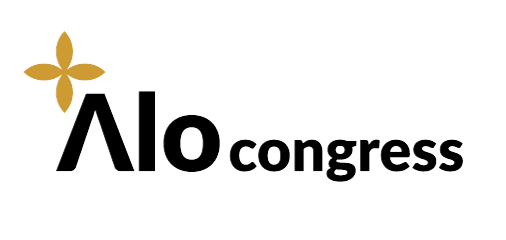


The following is the list of topics for the oral and poster presentation sessions. Abstracts submitted to the Topical discussion sessions can be of any theme (i.e., free topic) as long as it relates to the sustainability assessment of food systems
LCAs (and more generally, life cycle sustainability assessments encompassing environmental, social, and economic issues) provide a wealth of information about the environmental sustainability of products and services and identify opportunities to improve. However, LCAs are based on a complex methodology that includes many technicalities, assumptions, and uncertainties. Thus, LCA results can be both challenging to communicate, even for experts, and difficult to interpret for people not familiar with the method. Yet an effective communication is key to persuade the target audience to take action and to ensure that LCAs have a real impact on the ground.
Within this session, abstracts are welcomed focusing on tactics that are applied to successfully communicate LCA results among businesses (B2B), from businesses to consumers (B2Cs) and from LCA experts from academia and consultancy to their commissioners. We invite abstracts that discuss practical tips on language, tools, visual representations, including eco-labelling and other simple communication messages built upon complex LCA data; strategies put in place to avoid conscious or unconscious green washing in communicating LCA results; communication approaches to effectively overcome the distance bias of the environmental impacts, which are usually relegated to the future or affect regions far away from where we live.
This is an industry-labelled session, which means that we will give priority to abstracts from companies and enterprises willing to present their hands-on experience in communicating LCA results.
GHG and climate change impact have always been a key feature of LCA. Given the climate emergency context, the GHG balance is one of the most investigated impacts of value chains through full or partial LCA studies. GHG accounting is essential for all stakeholders, from producers and businesses wanting to improve their practices and communicate to consumers about their efforts, to policy makers trying to align national strategies with multilateral commitments, through to academics and consultants who are called upon to contribute to accounting consistency and thoroughness. Although the impact pathway is quite straightforward compared to other impact categories such as toxicity for instance, there are still several issues at both inventory and impact assessment stages. At the inventory stage, GHG accounting in relation with biogenic carbon, LULUC and offset marketing, notably, still lack consensual trans-sectorial approaches. In addition, there is still a lack of knowledge and great uncertainty regarding other GHG, such as N2O from tropical farming systems or CH4 from some artisanal processing, among many others. At the impact assessment stage, which may sometimes overlap with the inventory as exemplified by biogenic GWP, there have been recent methodological developments that need to be explored - such as new climate metrics - and further that still need to be uncovered, notably down the impact pathway between midpoint and endpoint impact indicators. This session welcomes all papers dealing with GHG accounting issues at both inventory and impact assessment stages, providing that those papers present new perspectives on the mentioned issues and/or new proposals to overcome them.
Alo Congress – VB Group
Numancia 73
08029 Barcelona - España
Phone: (+34)933 633 954
Queries: secretary@lcafood2024.com
Payments and invoices: invoices@lcafood2024.com

